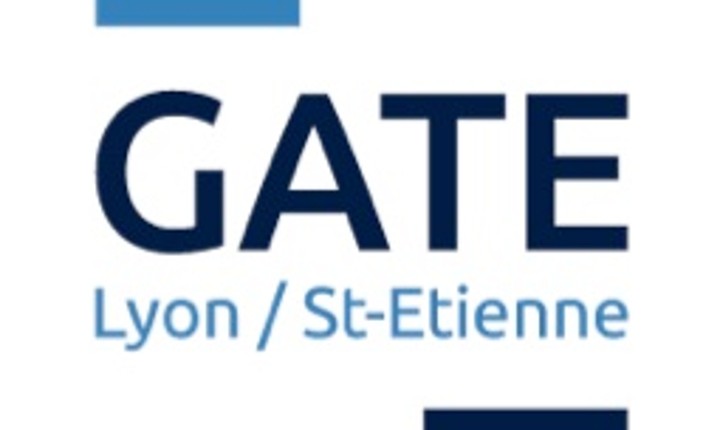Séminaire de recherche en économie - GATE-LSE : Nao Saito
Le 17 juin 2016
11h-12h30
Salle de réunion 009 GATE Lyon Saint-Etienne
10, Rue Tréfilerie
42023 Saint Etienne Cedex 2
- Campus Tréfilerie - GATE LSE - Maison de l'Université Bâtiment B
Nao Saito, Tohoku Gakuin University présentera un séminaire intitulé : The Role of Moral Agency in Sen’s Identity Theory
Thème de recherche / Main topics : Political Philosophy, Economic Philosophy, Social Choice Theory
Résumé / abstract :
The aim of this paper is to identify the view of personality that makes Sen’s identity theory and ethical theory coherent. Amartya Sen has criticized the assumption that a rational individual acts primarily with a selfish motivation. He contends that one can have sympathy and commitment as unselfish motivations for one’s actions. Sympathy means one’s sharing of another’s feelings. Commitment means one’s desire to improve another’s condition when one does not share the other’s feeling but thinks that the other’s suffering is caused by injustice. Sen considers that such sympathy and commitment are derived from humanity, which all human beings possess. In other words, Sen considers that one should be assumed not only to be selfish, but to be motivated by humanity. On the other hand, in his identity theory, Sen assumes that one has various identities simultaneously, and that one can prioritize these identities differently at different times. He believes that one does not merely discover one’s identity, but can choose it freely and rationally. This idea, however, can be criticized for two reasons: First, if one has humanity as a universal motivation, then it has to be assumed that humanity must influence one’s identity and restrict one’s choices. Sen, however, does not acknowledge such a moral restriction on one’s identity. Although Sen defends one’s free choice of identity, he does not clarify whether one can or should be free to choose an identity that is opposed to humanity. Sen mentions that one can choose identity in accordance with humanity through one’s rational thought. However, it is still unclear whether such a moral and rational identity exists before one chooses among the variable identities in a given moment, or whether this moral and rational identity is one of the alternatives among which one must choose. Second, Sen’s identity theory cannot explain how an individual can have a durable personality, because it claims that one can change one’s identity in any given moment. Previous studies examining the relationship between self and rationality have agreed that an assumption of rational agency necessarily regards the self as an aggregation of moments in time. Sen’s identity theory confirms a human’s freedom of choice at any given moment, but undermines the existence of an unchanging self that controls one’s choices over a long time period. For example, the theory does not require that promises in the past restrict one’s present or future choices. Sen instead advocates the idea of rational choice, including its character of free choice in any moment. In conclusion, this paper asserts that without assuming durable and unchangeable morality, we cannot explain one’s identity. This conclusion suggests a viewpoint of personality that fits Sen’s ethical theory. First, we summarize Sen’s identity theory and clarify its contradiction, as noted above. Second, we explain that moral and rational identity as agency should be assumed if we want to overcome this contradiction. We then conclude that the assumption of durable identity will morally restrict one’s free choice of identity at any moment.
Co-auteurs/Joint work with :



